- Junta expands naval presence along Arakan coast to regain lost territory
- Nearly 70 civilians and POW family members killed or injured by junta attacks in Arakan State in one month
- Junta accused of extorting money from detained Muslims in Sittwe
- Weekly Highlights from Arakan State (Jan 26 to Feb 1, 2026)
- Arakanese youth stabbed in Mae Sot urgently needs financial aid for medical treatment
Conflicts imperil traditional Mro culture, group says
The Mro Literature and Culture Association has warned that the traditional culture of ethnic Mro people in Arakan State is facing an existential threat due to military conflicts as well as lagging development.
26 Apr 2023
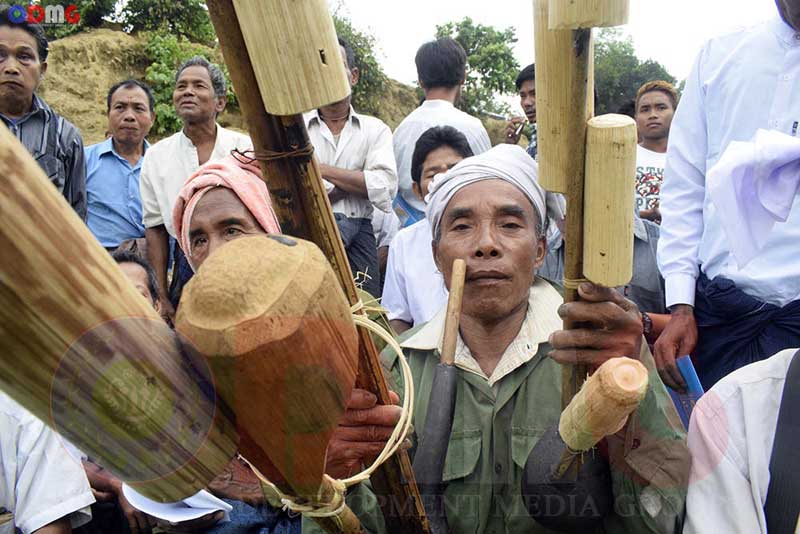
DMG Newsroom
26 April 2023, Ponnagyun
The Mro Literature and Culture Association has warned that the traditional culture of ethnic Mro people in Arakan State is facing an existential threat due to military conflicts as well as lagging development.
Most ethnic Mro people live in rural areas and make a living by farming. The Mro people say there are many challenges in the fields of education, healthcare and economics, and that they are facing the potential disappearance of the traditional Mro culture.
“The Mro people are an underdeveloped ethnic group. The Mro people depend on the forests for their livelihood. The Mro people are an ethnic group that struggles to make a living, so there are no people who own companies or buy cars,” said U Zani Phyu, chair of the Mro Literature and Culture Association.
He spoke to DMG at an event to commemorate the seventh anniversary of Mro National Day held in Ahtet Myethle Village in Ponnagyun Township, Arakan State, on April 25.
The Mro people have lived in Arakan State peacefully for generations, but have been uprooted in recent years by multiple conflicts.
“The Mro people have been living together with other tribes in Arakan State for over a thousand years. The Mro people depended on the mountains for their livelihoods and lived as a nomadic people. The Mro people are now driven out of their areas by military and intercommunal conflicts,” U Zani Phyu added.
Mro people in Buthidaung and Maungdaw townships were forced to leave their homes due to attacks by the Arakan Rohingya Salvation Army (ARSA) and the subsequent, brutal crackdown unleashed by Myanmar security forces, as well as the armed conflict between the military and Arakan Army (AA).
All of Arakan State’s people need to help find a solution to the difficulties faced by the Mro people, said U Hla Saw Maung, a Mro man from Nagaryar Village in Kyauktaw Township, who attended Tuesday’s event.
Mro people mostly live in Maungdaw, Buthidaung, Ponnagyun and Kyauktaw townships, and the group’s total population is estimated at around 40,000.




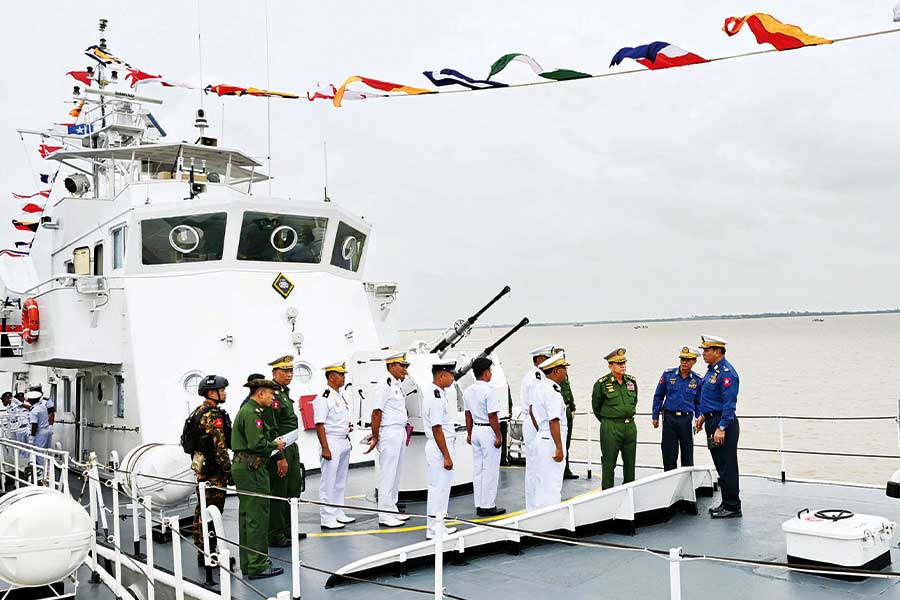
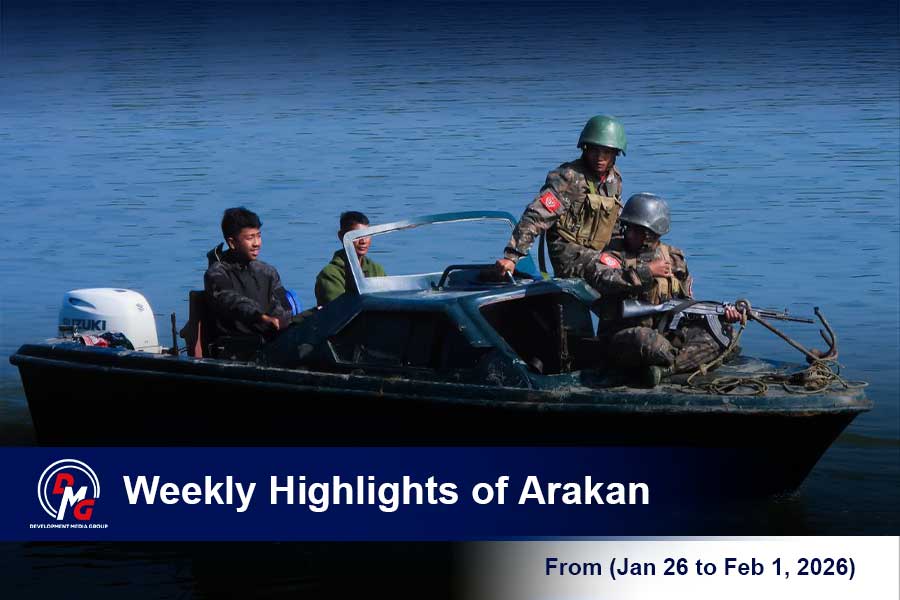
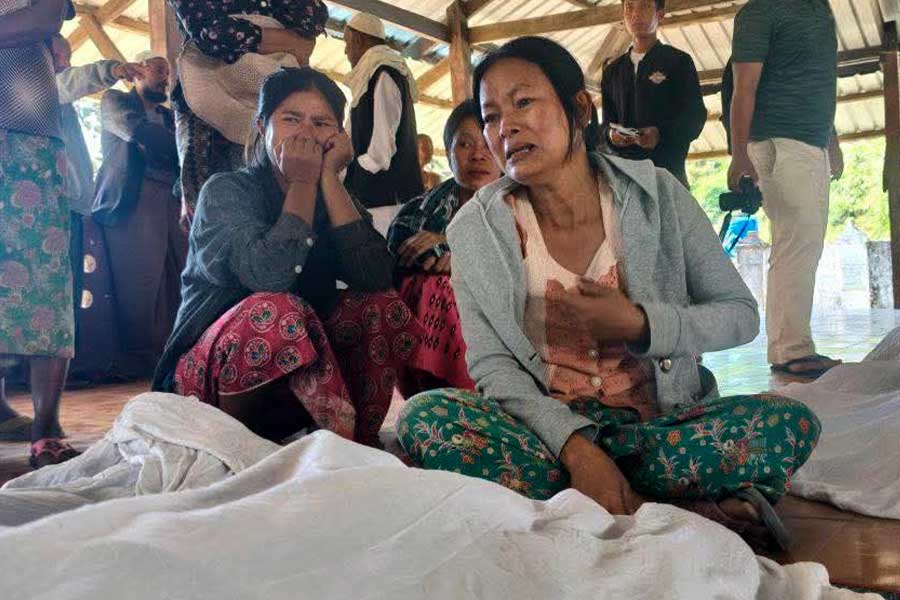
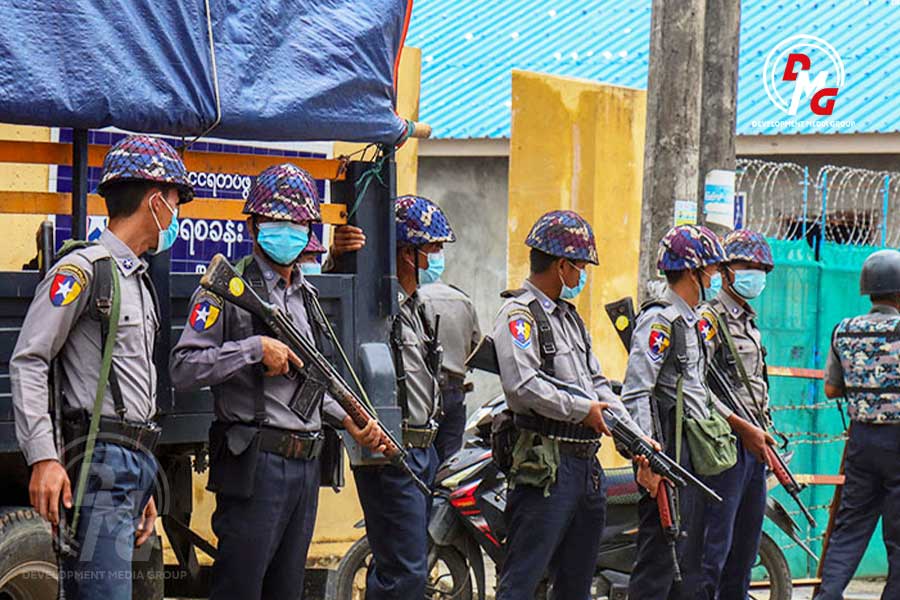
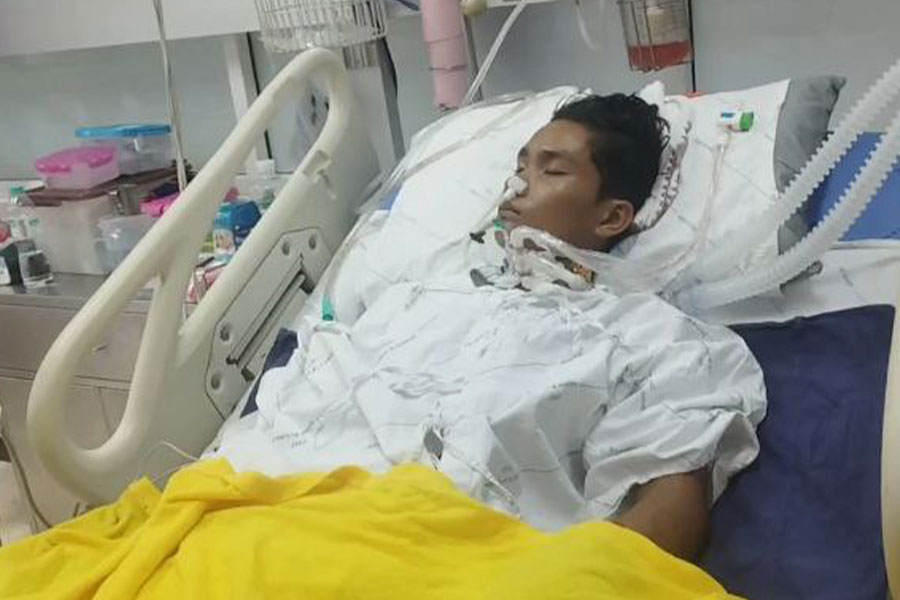






.jpg)

